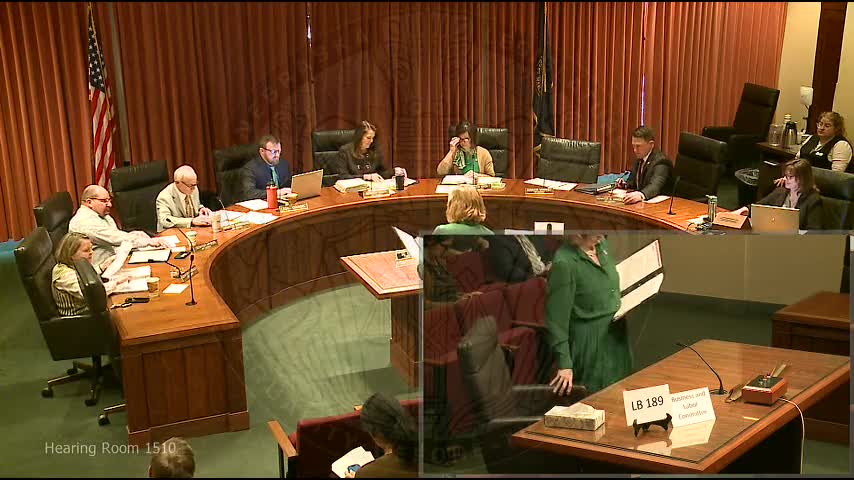Article not found
This article is no longer available. But don't worry—we've gathered other articles that discuss the same topic.
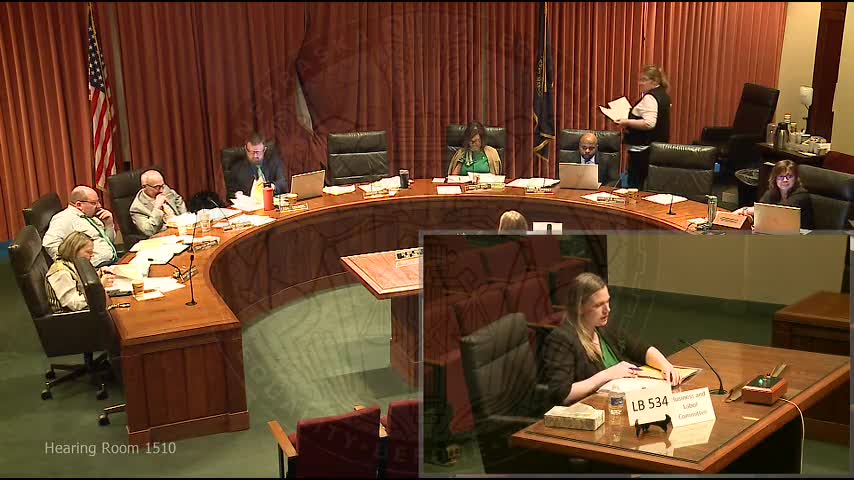
Committee hears short bill to permit legislative disapproval of certain claims decisions
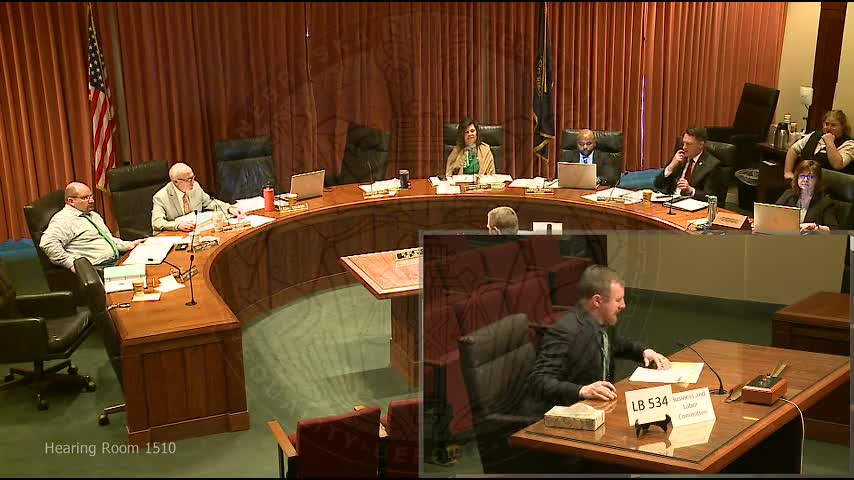
Business and Labor Committee hears annual claims bill asking Legislature to approve state settlements and write‑offs
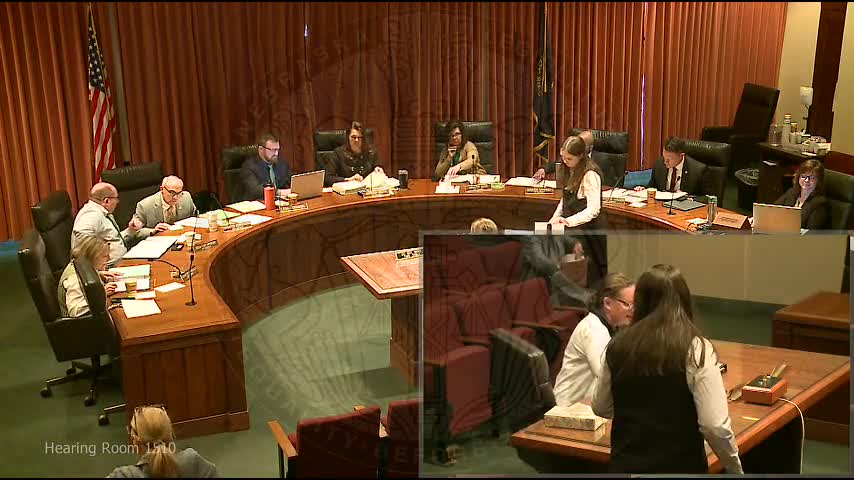
Task force on supported employment proposed to increase workforce participation for Nebraskans with disabilities
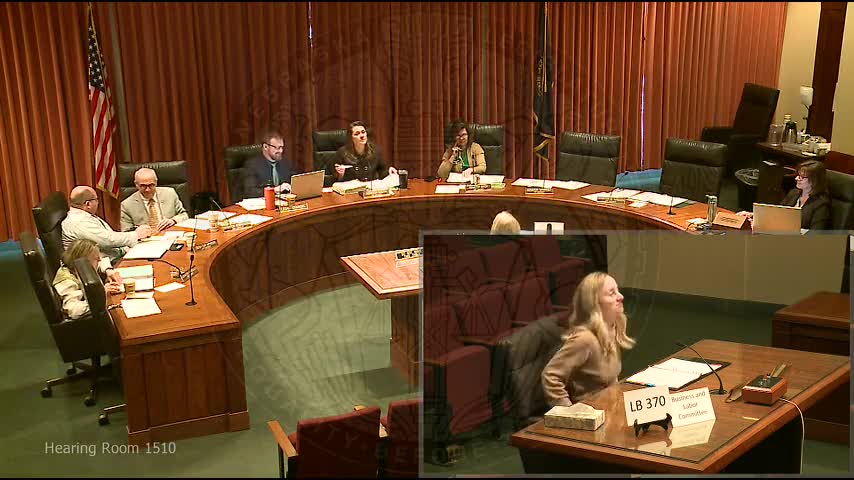
Nebraska bill would update NIL law so universities can directly participate in athlete compensation
